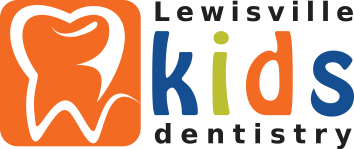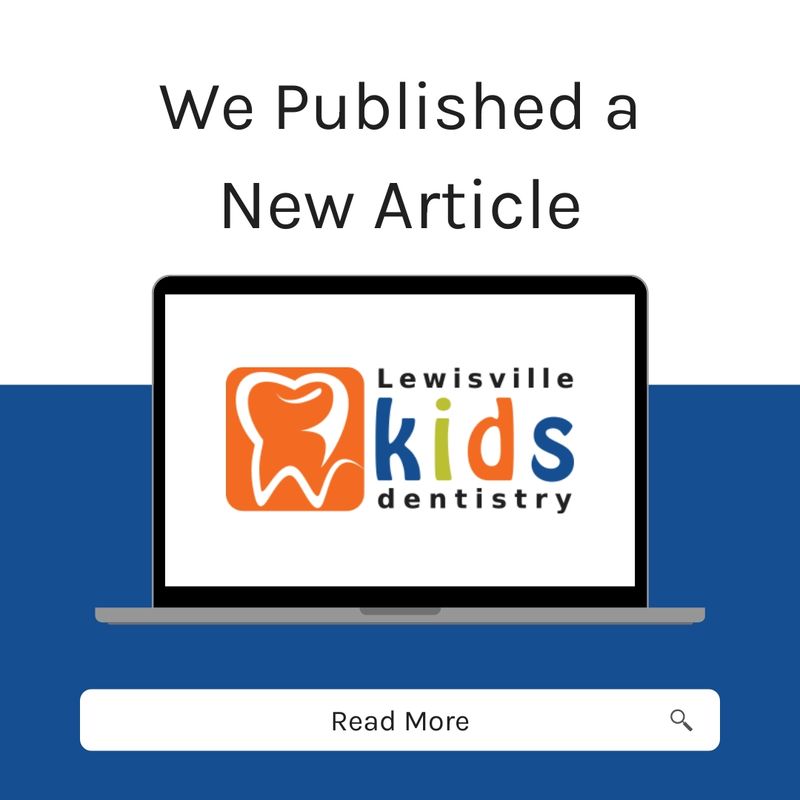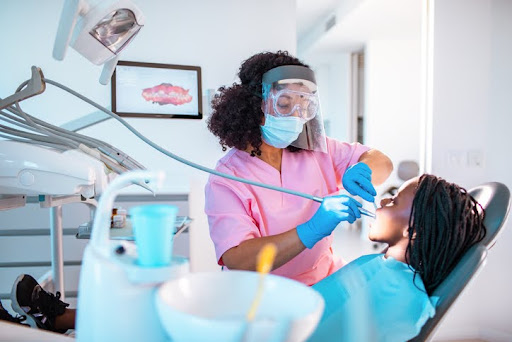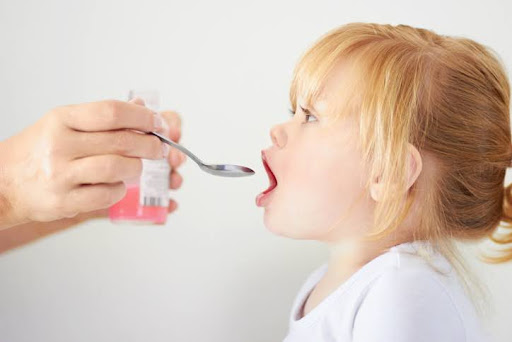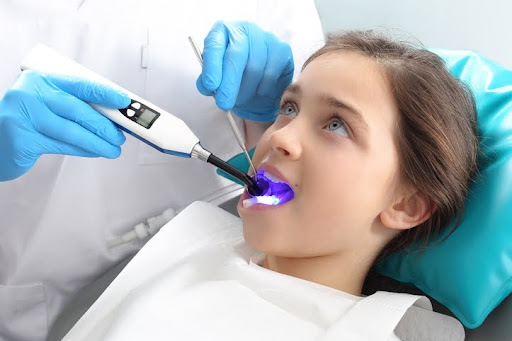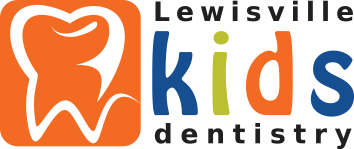Posted on July 15, 2024
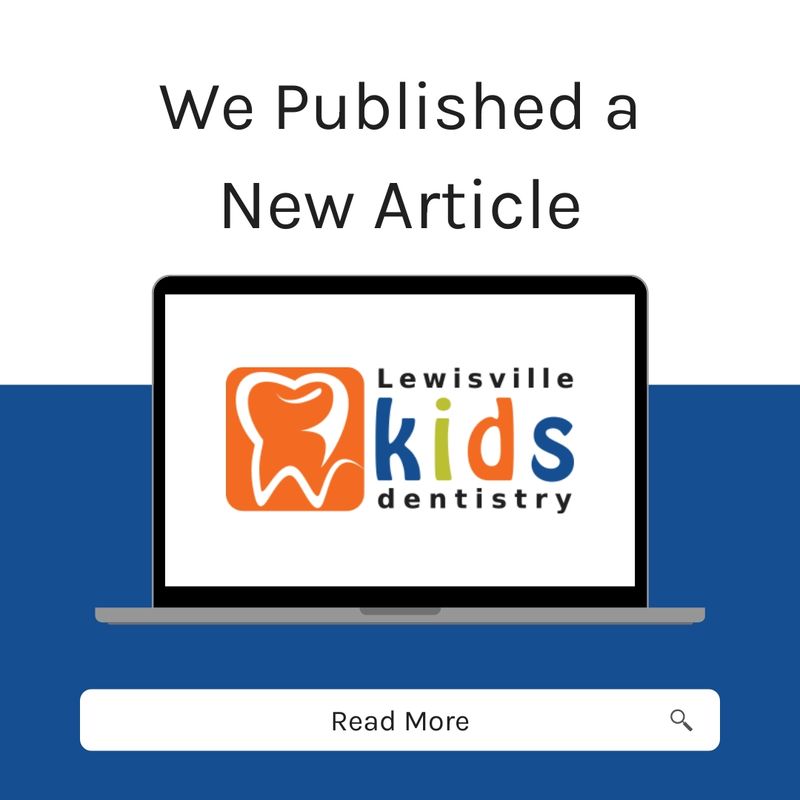
A healthy smile is important for both you and your child. Each time your child visits Lewisville Kids Dentistry, our dentist will check their teeth and discuss their dental habits. We can also determine whether your child is getting enough fluoride, which is found in most toothpaste and mouth rinses available at grocery stores. Fluoride helps your child develop strong, healthy teeth, benefiting them throughout their life.
What Is Fluoride?
Fluoride is a natural mineral composed of fluorine, an element found in the earth. It is present in drinking water and helps strengthen teeth during their development stages. When applied appropriately, fluoride fortifies tooth enamel and prevents tooth decay. Many dental products contain fluoride for this purpose.
Benefits of Fluoride Treatment for Children
Fluoride helps maintain a bright and healthy smile! Regular use of fluoride reduces your child’s risk of tooth decay. Additionally, a decreased cavity risk means fewer extractions and less pain and discomfort associated with tooth decay.
How Does Fluoride Help Prevent Cavities in Children?
Fluoride contains minerals that can slow down or even stop tooth decay. It strengthens tooth enamel, making it more resistant to cavities. Fluoride helps by remineralizing the exposed surface of the tooth. By using fluoride, maintaining good oral hygiene, and eating a healthy diet, you can reduce decay and help your child maintain a beautiful smile.
What is Topical Fluoride?
Topical fluoride is a fluoride treatment applied directly to your child’s teeth by a dental professional. During their bi-annual appointment at Lewisville Kids Dentistry, your child’s dentist or dental hygienist will apply fluoride to their teeth. The application is quick, easy, and only takes a few minutes.
Is Fluoride Safe for My Child?
Fluoride is safe and effective in preventing tooth decay in children, helping to keep their teeth strong and healthy. Parents should monitor the use of fluoride products at home and keep them away from young children. Fluoride does not pose a threat unless used in extreme and excessive amounts. Consult your child’s pediatric dentist at Lewisville Kids Dentistry if you have concerns about fluoride use.
How is Fluoride Applied?
Fluoride is applied directly to your child’s teeth with a soft brush. Your child’s pediatric dentist will inform you of any aftercare restrictions and how you may introduce more fluoride into your child’s dental hygiene routine if necessary.
What are the Side Effects of Fluoride?
Fluoride is only dangerous when used in excessive amounts. High levels of fluoride exposure can cause dental fluorosis or skeletal fluorosis. Dental fluorosis occurs when a child is exposed to excessive amounts of fluoride, resulting in white streaks or spots on their teeth. Prolonged excessive fluoride use can cause skeletal fluorosis, affecting bones and joints. At Lewisville Kids Dentistry, your child’s pediatric dentist will monitor the amount of fluoride used and check for any signs of dental fluorosis.
Contact Us
If you have any concerns or questions regarding the use of fluoride, please contact Lewisville Kids Dentistry. We will be more than happy to schedule an appointment and ensure your child’s dental health is on the right track.
